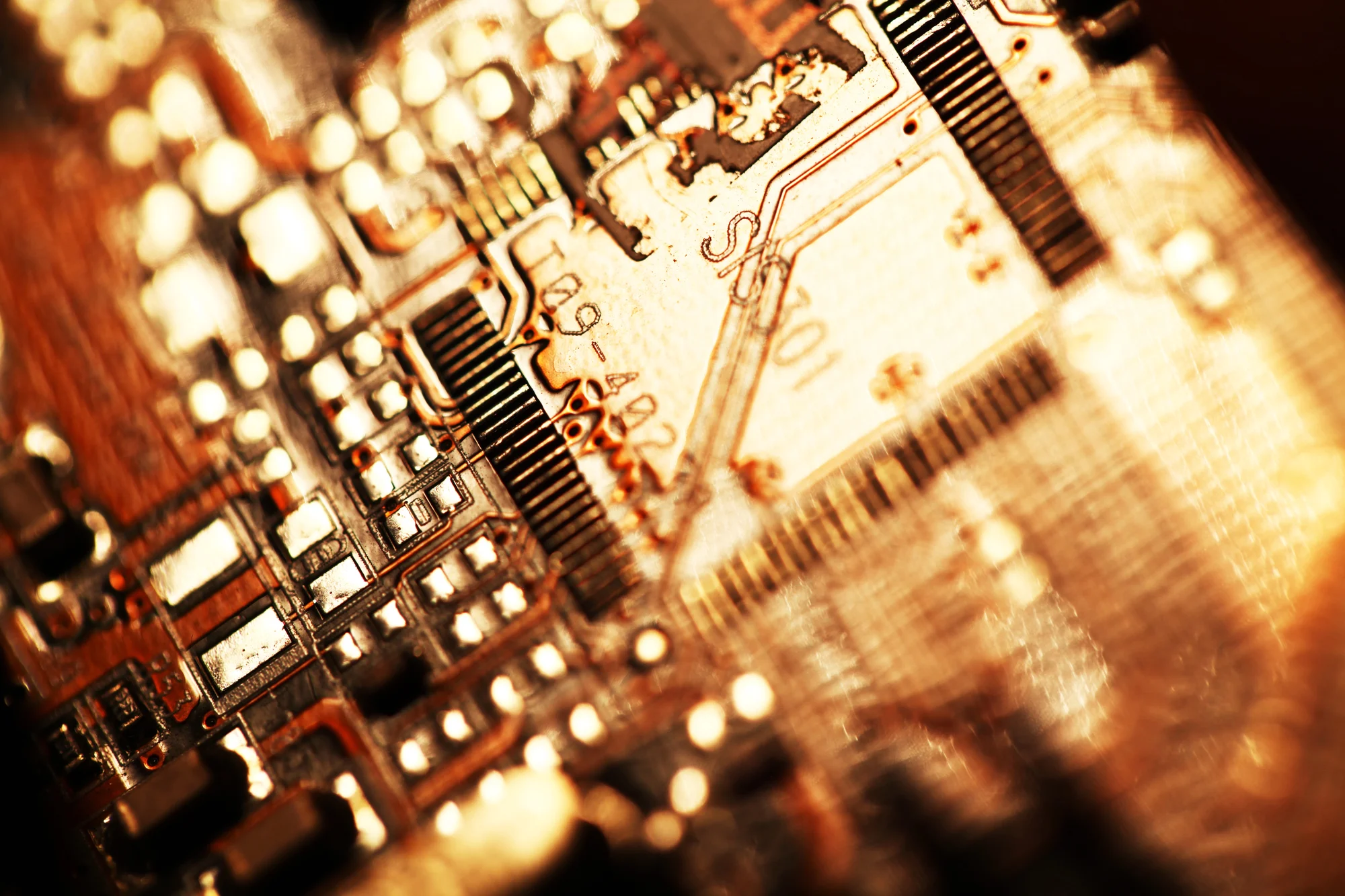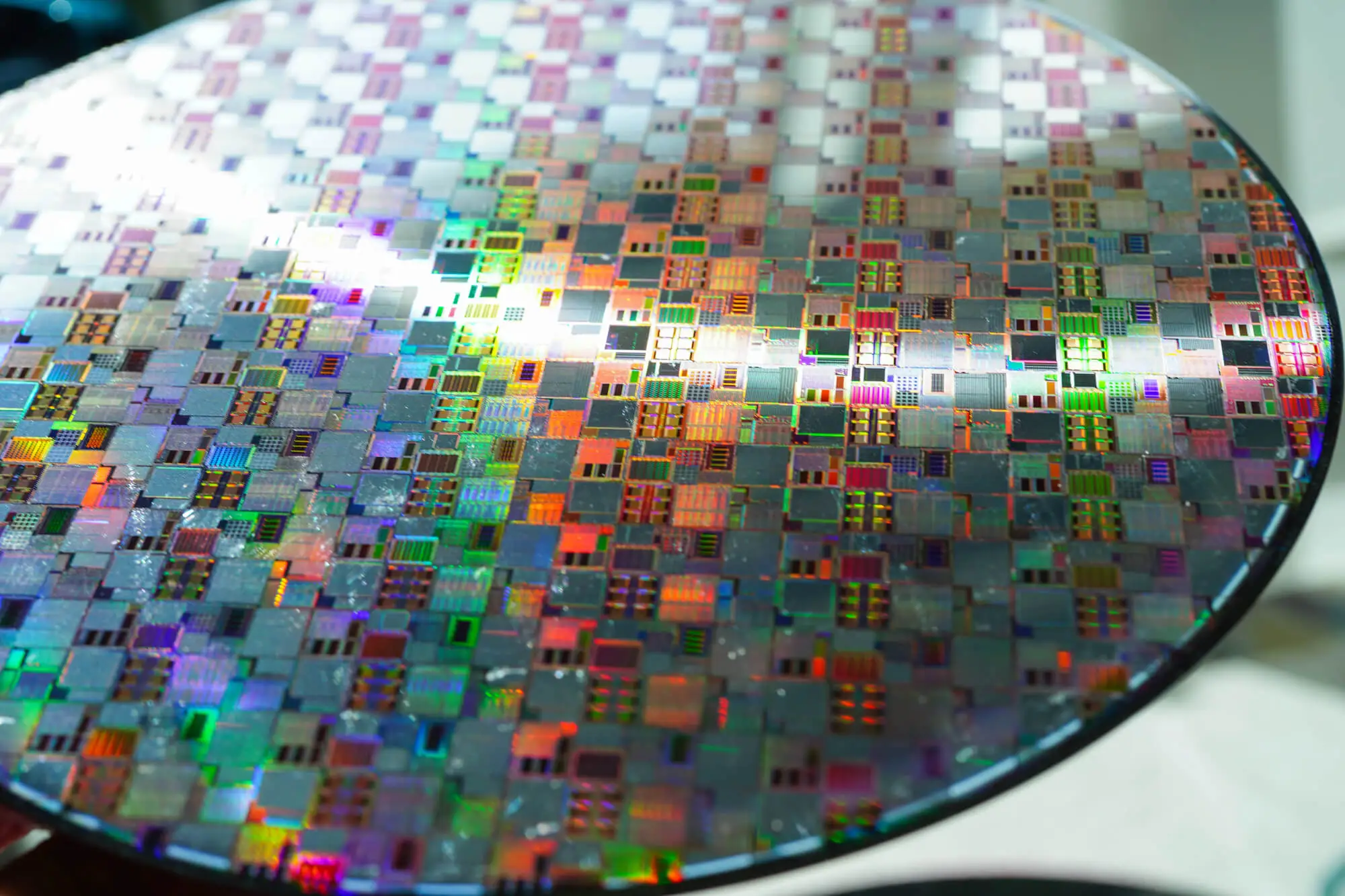"Wafer World has completed the acquisition of, MRT, Micro Reclaim Technologies as of January 1st 2026"

Learn how FZ wafer compares to CZ wafers in resistivity, defect control, and reliability for advanced semiconductor devices.
Read More
Explore the factors influencing silicon prices in today’s semiconductor market, from raw materials to global demand and supply chain shifts.
Read MoreA practical guide to choosing silicon wafer manufacturers that meet strict OEM standards for quality and technical performance.
Read More
InP wafer technology is advancing rapidly. Discover the latest trends, challenges, and prospects of this essential component in semiconductor applications.
Read More
Discover how ultra flat wafers enhance MEMS sensitivity and power device efficiency through superior planarity, uniformity, and process stability.
Read More
Learn why GaAs wafer substrates are essential for RF amplifiers, microwave circuits, and next-generation 5G applications.
Read MoreUncover the importance of thin silicon wafers in MEMS and sensors and see why they’re pivotal for next-gen electronics.
Read More
N-type silicon is crucial in semiconductors, power devices, and solar tech. Learn how silicon wafer manufacturers select the right material.
Read More
Looking to buy a silicon wafer? Learn what patterned wafers are, how they’re used, and what specifications matter most before placing your order.
Read MoreLearn how permittivity and dielectric constants impact silicon wafer performance. A practical guide for engineers sourcing from trusted silicon wafer suppliers.
Read More